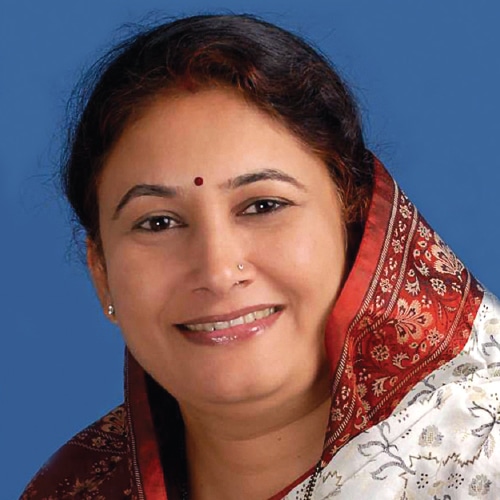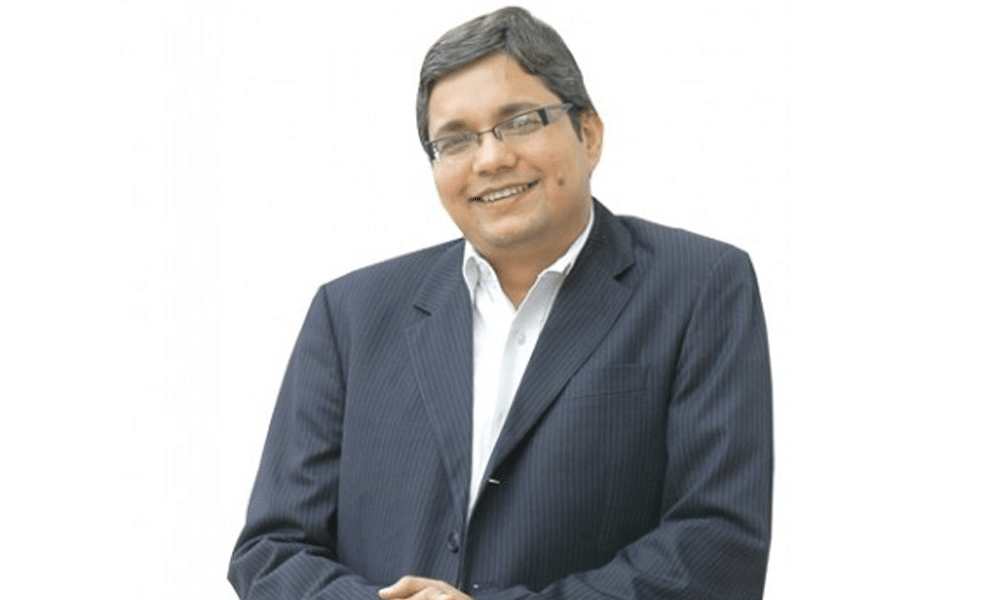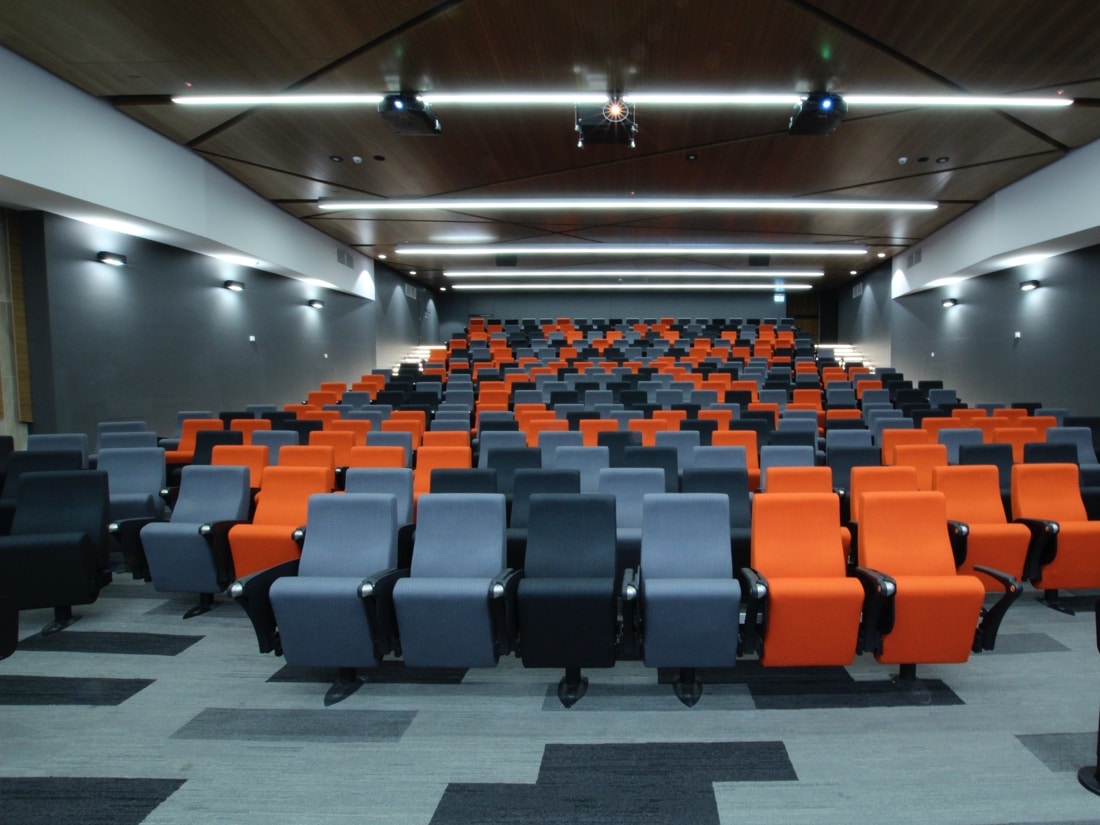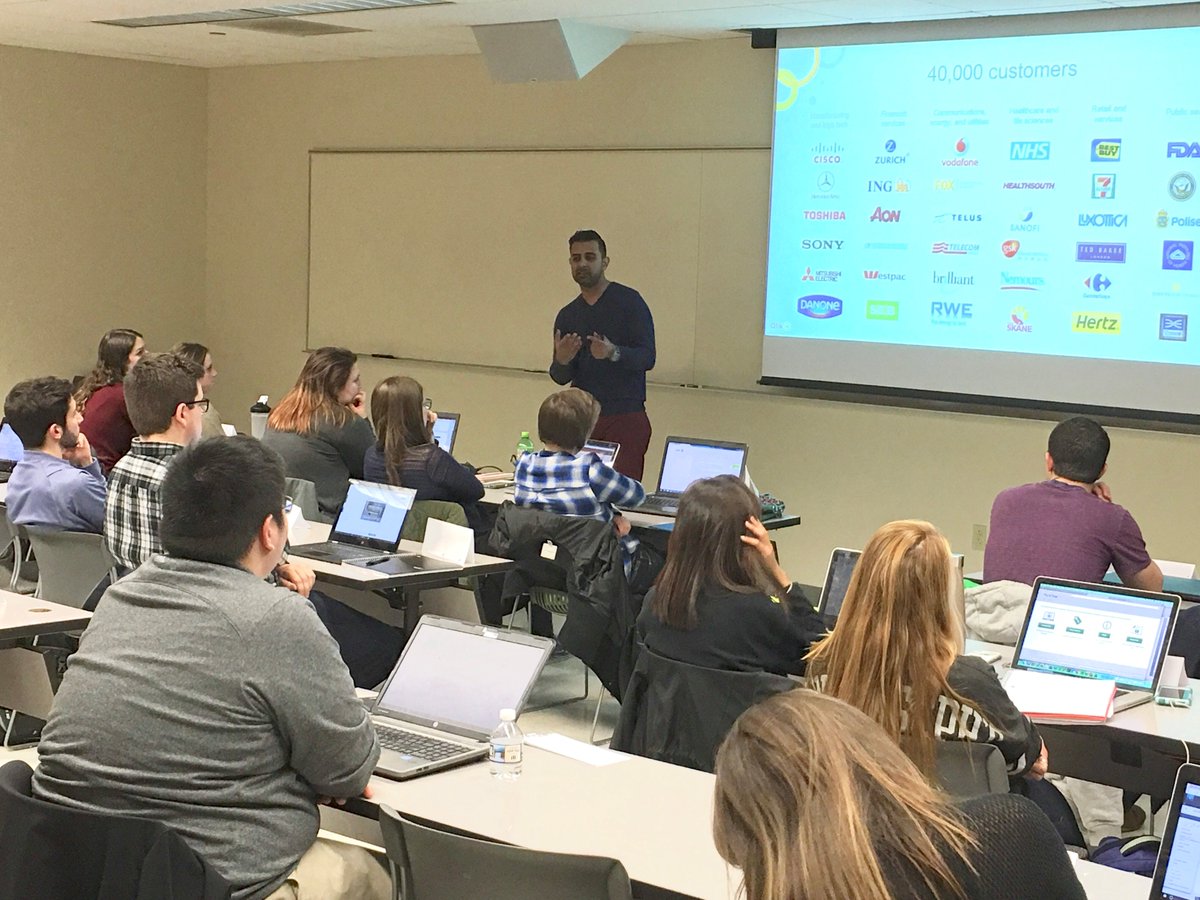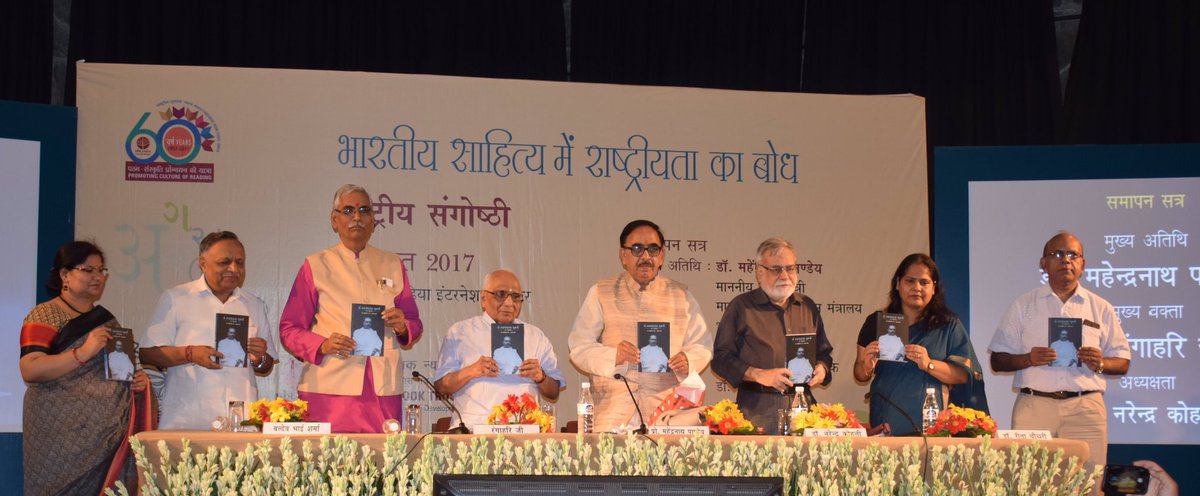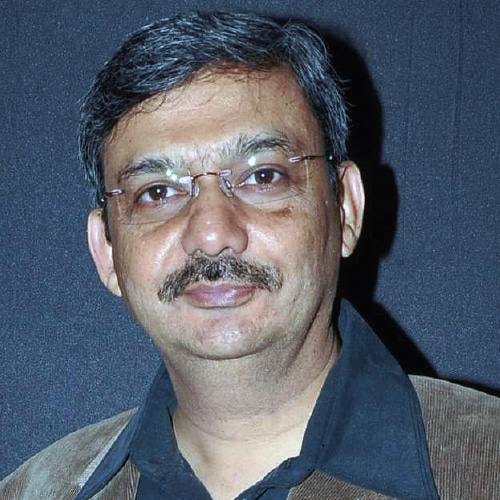 The higher education segment of Rajasthan has witnessed speedy progress in the last few years. With a focus on research and development, efforts are on to build Rajasthan as an education hub, says Raj Huns Upadhyay, Additional Chief Secretary Higher, Technical and Sanskrit Education Department, Coordination – School and Sanskrit Education, Government of Rajasthan, in an interview with Kartik Sharma of Elets News Network (ENN).
The higher education segment of Rajasthan has witnessed speedy progress in the last few years. With a focus on research and development, efforts are on to build Rajasthan as an education hub, says Raj Huns Upadhyay, Additional Chief Secretary Higher, Technical and Sanskrit Education Department, Coordination – School and Sanskrit Education, Government of Rajasthan, in an interview with Kartik Sharma of Elets News Network (ENN).
What steps are required to bring higher education in Rajasthan at par with the best across the world?
There is a significant growth in the number of higher education institution and universities in the State. The Government of Rajasthan has established new colleges with a focus on recruiting well qualified faculty for these colleges. Apart from this we are also working in phased manner to develop a infrastructure of global standards in colleges and universities. We are encouraging higher education institutions to raise their own funds so they are are not totally dependent on the government funding.
Research and Development in higher education appears not to be getting the required attention, what are the challenges and steps being taken in this regard?
Research and development initiatives are mainly taken in universities however, some leading colleges have shown equal participation, it is important to build synergies between teaching and research to promote excellence in both. We are adopting best practices followed across the globe and encourage and support higher education institutions and their faculty members to engage more deeply with institutions and faculty around the world to improve quality of research. We have asked State universities to explore possibility of collaborations with best universities of World in order to facilitating alliances for research. Such collaborations will also help in linking university departments with research institutions and industry to accelerate the process of knowledge development.
There should be dedicated funds for research and development to strengthen higher education ecosystem. As far as Rajasthan is concerned, we are trying to move towards a university system integrating UG, PG and doctoral studies, with faculty concurrently teaching both at UG and PG level which will help improve synergies between teaching and research. Universities will be multidisciplinary in nature and not single disciplinespecific. In short, favourable conditions need to be created in the State as well as in the country to promote high quality research.
Digital divide between rural and urban areas is a big issue in the State and country, what role does technical education play in bridging this gap?
Internet is an empowering tool. SWAYAM, an online Massive Open Online Courses (MOOCS) platform is being developed with the support from Ministry of Human Resources Development. It will help the students from different areas of the country to be at the same-level as far as access to good quality education content is concerned. Best faculties from every domain are requested to develop MOOCs content which will be available free of cost to all students.
Research and development initiatives are being taken in universities to upgrade the skills of existing faculty members, it is important to build synergies between teaching and research to promote excellence in both.
“Digital India” and “Skill India” are the two most ambitious projects of the Government of India, what is the role of the department in skilling and providing jobs to the youths under these two initiatives?
All our transactions, be it related to approval, finance, education content, courseware, admission processes, or disbursement of degrees are all becoming digital. Higher Education Department, Government of Rajasthan, is working according to the true spirit of Digital India.
There are some State Universities which are offereing short term and long term skill imparting courses. Three of our State Universities have received financial assistance from MInistry of MIcro, Small and Medium Entreprises under its ‘Assistance to Institutions’ scheme. Other universities are also working to develop Skill and Entrepreneurship centers.
What are the most significant challenges you see in the technical education domain?
Higher and Technical education in the State faces many challenges. Traditional pedagogy, setting up quality research, motivating students, classrooms attendance and widespread geographic, income, gender, and ethnic imbalances. Government policies play a vital role in information and resource sharing and with the enhanced participation of education stakeholders, these challenges can easily be resolved. Government is trying to reach the remote areas of the State. There is a need to upgrade higher education system so that the State gets good colleges and universities and higher educational institutes get more skilled faculties and supporting staff. Better education will ensure good future of students and if students will get better education facilities in their own State, they will not be forced to migrate to other States.












